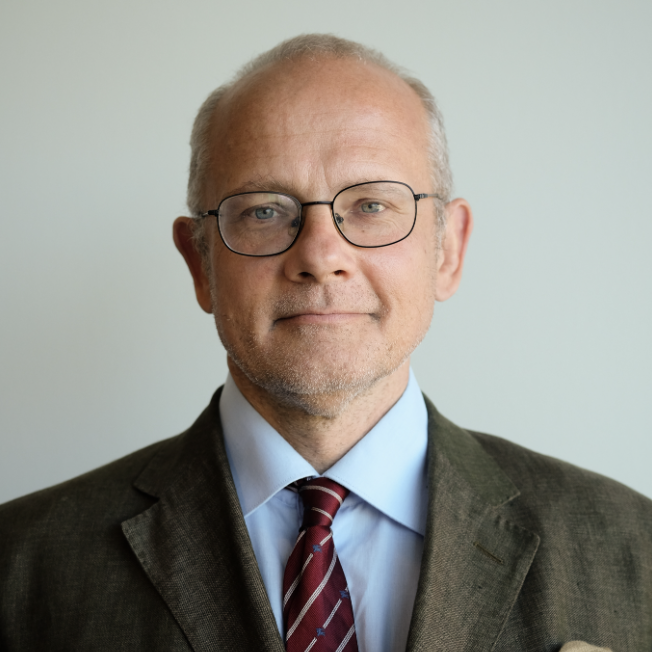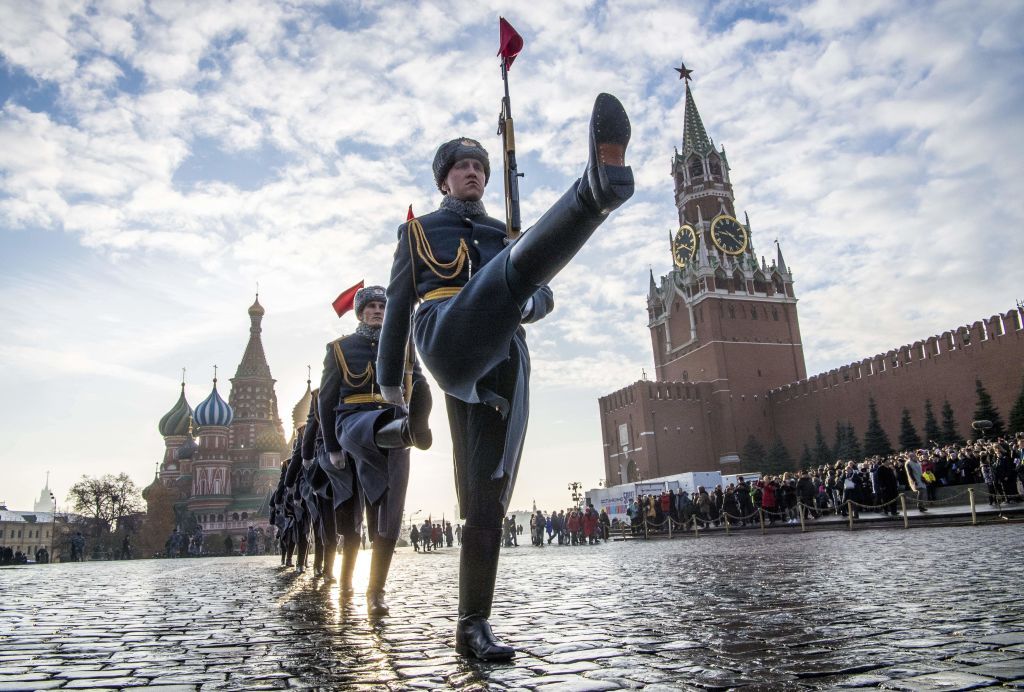In 2023, several domestic developments in Russia, such as the summer mercenary mutiny by Yegveny Prigozhin or the autumn antisemitic riots in Makhachkala, indicated growing regime fragility. These and an accumulation of foreign policy challenges have renewed discussion of what happens to Putin’s system of rule after the current president leaves his post, for whatever reason.
The regime’s problem might not be that it has no successor to Putin, but that there are many pretenders who would like his post – or at least to be members of a new collective leadership. Sooner or later, Russia’s succession problem will come to the fore and Putin’s subversion of Russia’s institutions, including the presidency itself, for the past 23 years will be recognized as a liability.
The succession problem of Russia’s political under-institutionalization has three dimensions. First, given the increasing arbitrariness of the Russian state, it is unclear to the upper power echelons what exactly is at stake in the succession. Could the rise of this or that clique mean a loss of power, position, property, freedom or even life?
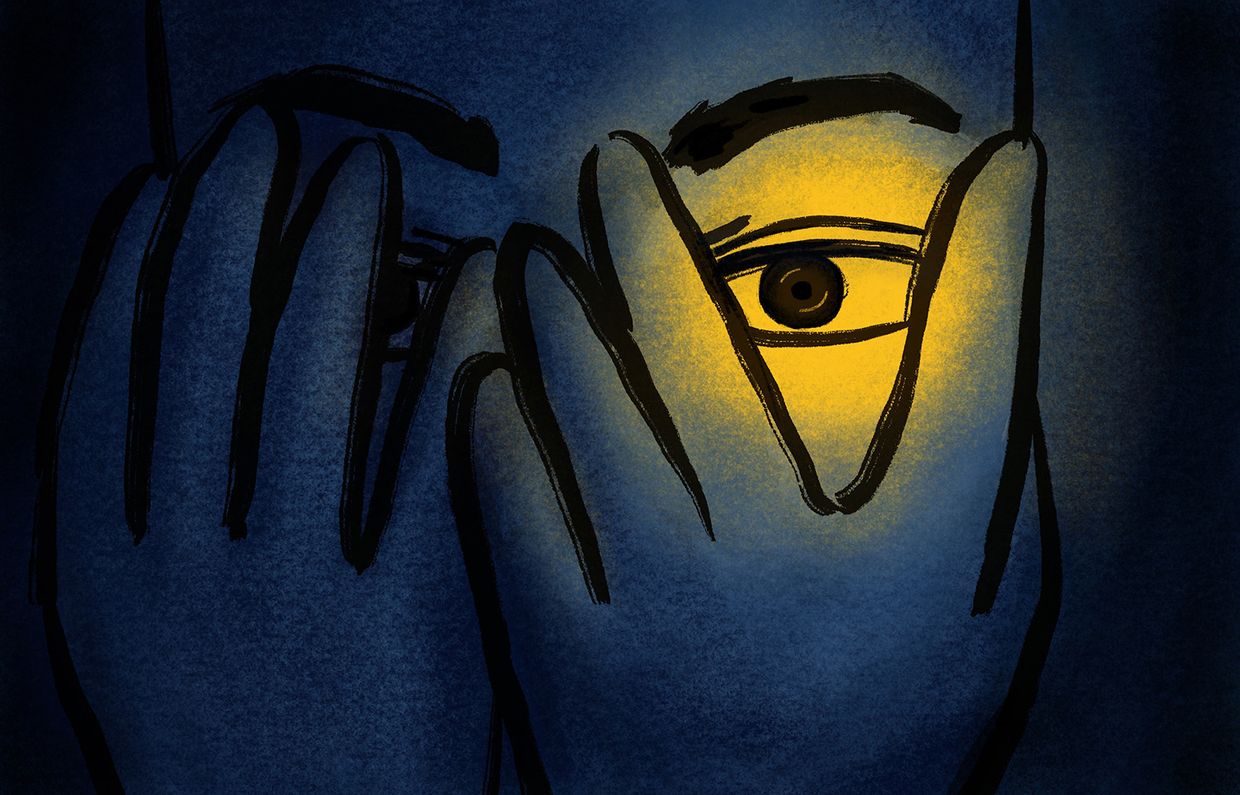
Second, it is unclear who from among the currently influential politicians has the legitimacy and capacity to lay claim to one of the top posts in the succeeding power vertical.
Third, the membership and functioning of the selectorate that will choose a new president has no clear ramifications or mediation mechanisms. These and other defects of Putinism 1.0 make it unlikely that the transition of power will be smooth and that a simple Putinism 2.0 will emerge from it.
The Kremlin recently indicated that Vladimir Putin could remain as Russia's president until 2030; he could, following the 2020 changes to the Russian Constitution, even prolong his rule still further. It seems unlikely, however, that Putin will still be in power in 12 years time. Too many vagaries have accumulated to expect a long gerontocratic rule by him and his coeval entourage.
Putinism at risk
The most obvious and immediate risk factor for Putin’s rule is Russia's war against Ukraine. If lost, Putin’s legitimacy and regime will come under severe stress and may even crumble. The swift and largely non-violent acquisition of Crimea in 2014 was the high point of his rule. Conversely, a protracted and bloody loss of the prized peninsula would be its nadir and possible end.
Additional risk factors for the current regime are linked to further foreign challenges, for instance, in the Caucasus. Economic recession and its social implications, ecological and industrial disasters or domestic political instability are other potentially dangerous factors for Putin. The Prigozhin mutiny in the summer of 2023 and the autumn Makhachkala riots signal a loss of internal control not evident in previous years. Putin’s health too may be in decline, although we cannot know that for sure.
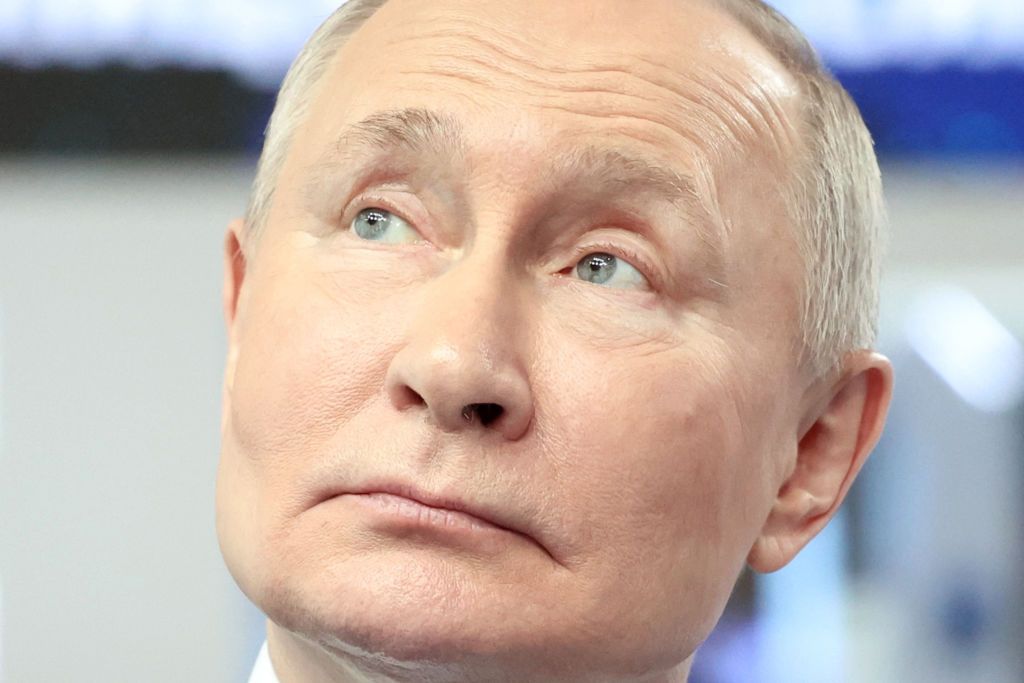
In any way, for one reason or another, Putin will be out of office by 2036 at the latest – and perhaps much earlier. The million-dollar question is: what happens then to Putinism? Can the current regime survive with a new supreme leader or a novel collective leadership seeking to continue Putin’s legacy? Or will the Putin System collapse more or less spectacularly?
This is not only an intriguing question for political analysts. It is also a challenge for Russia’s citizens, as well as foreign, economic and cultural policy shapers and makers across the world. Should Russians and non-Russians, foreign governments and private investors, and national and international organizations prepare themselves for political continuity or radical change in the planet’s largest country?
A smooth slide to Putinism 2.0?
Some Russia watchers expect an orderly transition of power within the current political elite and structure. This would probably mean a prolongation of today’s form of domestic governance and foreign policy behavior. In this scenario, some adaptive evolution from within the current system – but not its overthrow – could take place. The regime could degrade to become even more centralized and increasingly neo-Stalinist. Or it could return back to the proto democracy of the late Yeltsin presidency.
How informative are historical lessons and comparative deliberations on which such assumptions are based, however? It is true that Tsarist and Soviet Russia transferred power to a new leader multiple times in authoritarian or totalitarian contexts. Other post-Soviet regimes have also managed to change their leaders while preserving their autocratic systems as well as elite continuity.
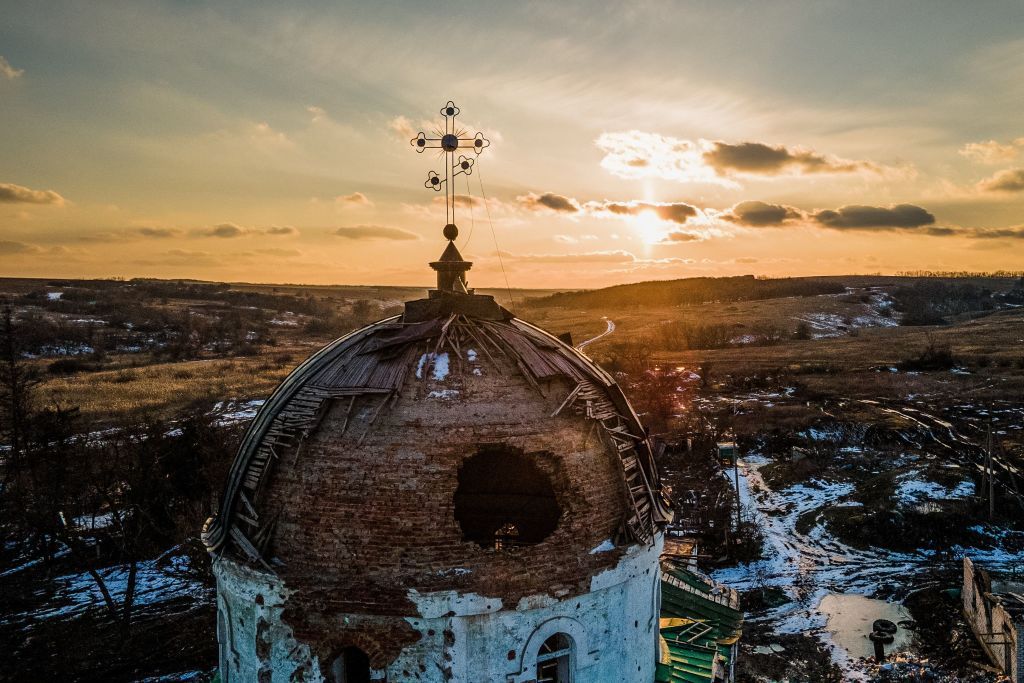
However, there are possibly few similarities between earlier Russian or other post-Soviet transitions and the coming Russian handover of power. The past and non-Russian transfers occurred within certain formal or informal institutional constraints inherited from the distant or recent past. Among these were dynastic principles, one-party government, or consociation of regional clans. Monarchical, communist, patriarchal or other inherited traditions provided certain explicit or implicit guidelines. These directed, limited and reassured the actors involved in the negotiation and implementation of the power shift.
How strong are, however, various formal Russian constraints and informal rules of behaviour today? What is the real significance of Russia’s Constitution and laws, on the one hand, and of the elite’s esprit de corps, peer respect and political friendships, on the other? Are any one of these formal and informal institutions or a combination of them capable of moderating a peaceful transition and of stabilizing a new equilibrium? These questions are key to Russia’s future but far from easy to answer.
Institutional abuse and decay
Over the past 24 years, Putin and his entourage have systematically watered down, subdued, or perverted most Russian official institutions. Whether national elections or private property, the Russian Orthodox Church or the Constitutional Court, mass media or political parties – these and other Russian structures, networks and norms have all been compromised. They have suffered from manipulation, instrumentalization, derogation and infiltration, among other things. Even Russia’s most prominent and powerful office, that of the president, has an unclear status since the demeaning presidency of Dmitry Medvedev in 2008–2012.
Russia’s last three leadership successions were, it should be remembered, all contested and not fully predetermined. In 1985, Mikhail Gorbachev’s nomination as General Secretary of the Communist Party of the Soviet Union’s Central Committee happened only after considerable bickering within the Politburo. In 1991, Boris Yeltsin competed for the new post of Russian President in elections that included a range of alternative candidates – from moderate Vadim Bakatin to extremist Vladimir Zhirinovskii.
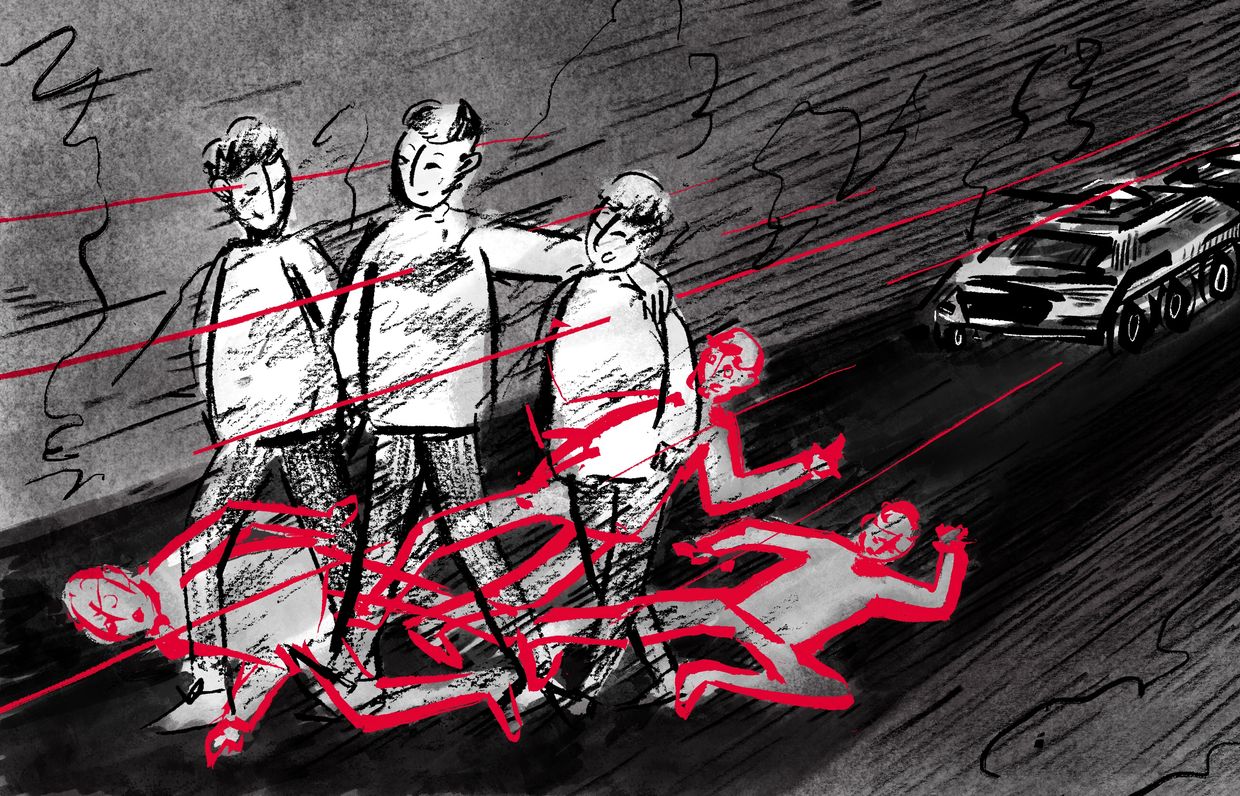
Several times thereafter, Yeltsin was on the brink of being pushed out of power. In late 1999, Vladimir Putin and his new Unity party faced a formidable political opponent in the form the Fatherland party in State Duma elections. Only after Fatherland’s poor performance in the parliamentary elections did Russia’s oligarchic clans rally behind Putin as presidential candidate in 2000.
These power transfers included both official measures and informal interactions. They were channeled through certain inherited and accepted procedures, including more or less meaningful elections in 1991 and 1999. The question is: What will be the informal method and/or public mechanism for determining Putin’s successor or team of heirs? The Russian succession problem is a multivariate one and its solution obscure in several ways.
3 challenges for Putinism 2.0
First, it is unclear what the stakes might be for each actor with some degree of political influence and economic potency. What precise repercussions might the choice of this or that new leadership have for the key stakeholders? Could they enhance, maintain or forfeit their positions, influence, property, or even freedom? If not, how high are the stakes? Could some even lose their lives?
These questions are difficult to answer not only for observers, but also for the protagonists themselves. Under Putin, the behavior of the Russian state has been characterized by arbitrariness and an absence of limits. Some stakeholders might see the succession question as an existential one and push their candidates with a vengeance accordingly.
Second, it is unclear which personalities either will or will not be able or willing to make a bid for the presidency, or at least for inclusion in a new collective leadership. There may be several men and women in the Russian elite who are already now considering their candidacies. Some may have sufficient political and/or economic resources to go for a senior or the top post. Others may have ambition but insufficient clout or money.
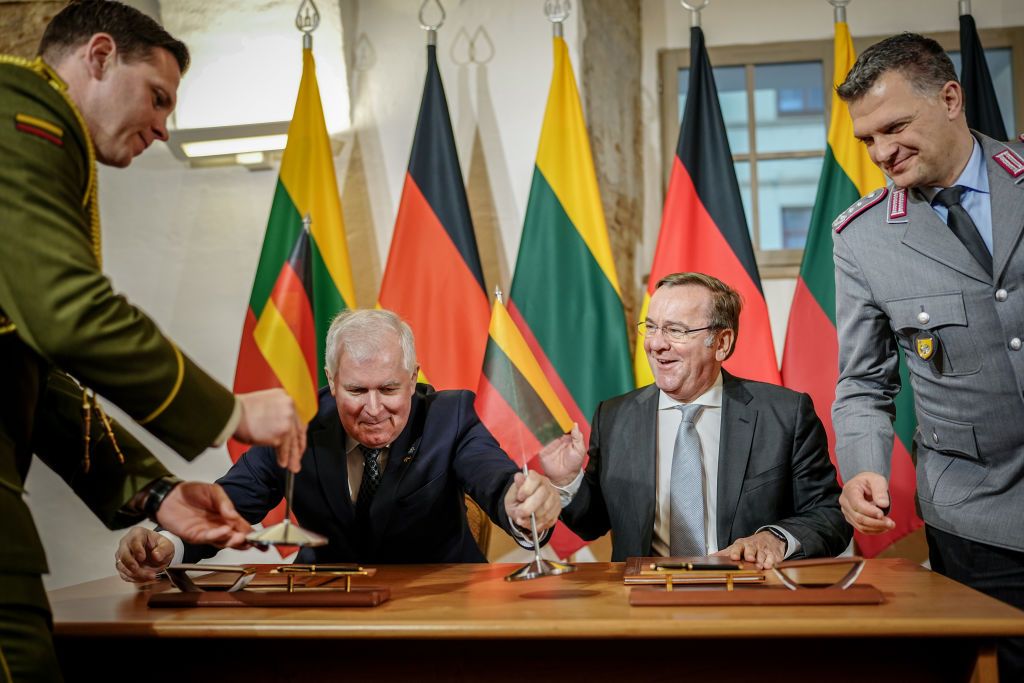
Who will be allowed by the FSB and Russia’s other armed agencies and ministries to take part in a contest for succession? Will the different “power organs” be easily able to agree within and among themselves who is in and who is out? What happens if there is no consensus?
According to the constitution, should Putin suddenly resign or die, Russia’s prime minister, currently Mikhail Mishustin, would become acting president. Given the example of Putin’s advance from prime minister to acting president and then full president in 1999–2000, Mishustin could suddenly become a political heavyweight. However, Mishustin is not a well-connected "silovik" (“force man,” with a background in an armed service). His lack of a power base in secret services and military is, one suspects, the very reasons he holds his current post. Possible future prime ministers under Putin may have similar qualities. Conversely, a new head of government from the power agencies would be a de facto candidate for the president.
A related third question is: Who will constitute the selectorate to nominate a presidential candidate to receive the national acclamation that usually results? Will it be the Security Council or an either narrower or wider circle of kingmakers? Who would set the limits of this circle?
Even if a selectorate is established in one way or another: What happens if the selectors cannot reach a consensus on their preferred new president or collective leadership? In particular: What happens if entire clans, ministries or agencies push different candidates? Could it even be that powerful members within the selectorate take opposing ideological positions?
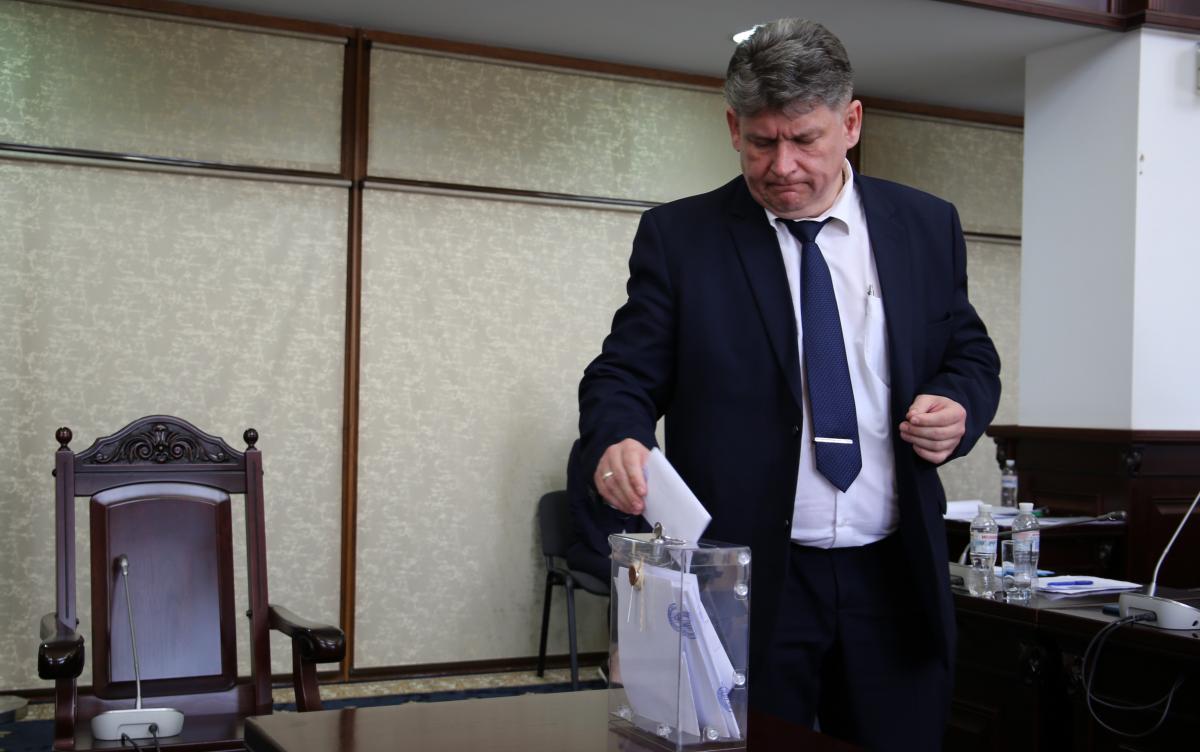
Normally, in such a situation, one would recommend letting the people decide, but popular votes have not been democratic in Russia for more than two decades. Putin’s “elections” are designed to produce national confirmation of the predetermined leader rather than allow free and fair competition among independent political parties.
The winner of a Russian presidential election is chosen in advance and not by way of voting. To suddenly hold nationwide elections with an undetermined outcome would contradict patterns of behavior ingrained over two decades by thousands of public servants, party functionaries, media workers, and police officers. It may even be impossible for the national, regional and local bureaucrats tasked with organizing genuine elections to conduct them without some prior preparation or outside help.
Conclusions
In sum, there is a triple uncertainty in the process of leadership transition – about the stakes for the elite members, the circle of permitted presidential candidates and the exact shape of the selectorate. Solutions to none of these issues are currently institutionally pre-framed. Neither a party central committee nor an assembly of regional clans – or even a recognized dynastic principle or any other widely accepted procedure could authoritatively settle them.
Such indeterminacy does not necessarily mean a chaotic transfer of power or even civil war. It does make, nevertheless, a disorderly interregnum more likely than a smooth slide into Putinism 2.0. How far possible confrontations between powerful stakeholders could escalate is unpredictable. However, to assume that conflicts can be avoided during the transfer of power may be too optimistic. Instead, a new “time of troubles” – a term from 17th century Russian history – might be on the horizon. Should the transition away from Putinism 1.0 be disorderly or even violent, the outcome is unlikely to be a Putinism 2.o.
Political predictions are notoriously difficult and a thankless task. Nonetheless, it is already clear that Russia’s institutional dearth is potentially dangerous for all parties involved. Russians and non-Russians should prepare for a messy succession process. Russia’s future political regime will probably be different from the current one. Whether it will be more totalitarian or more democratic than the Putin system remains to be seen.
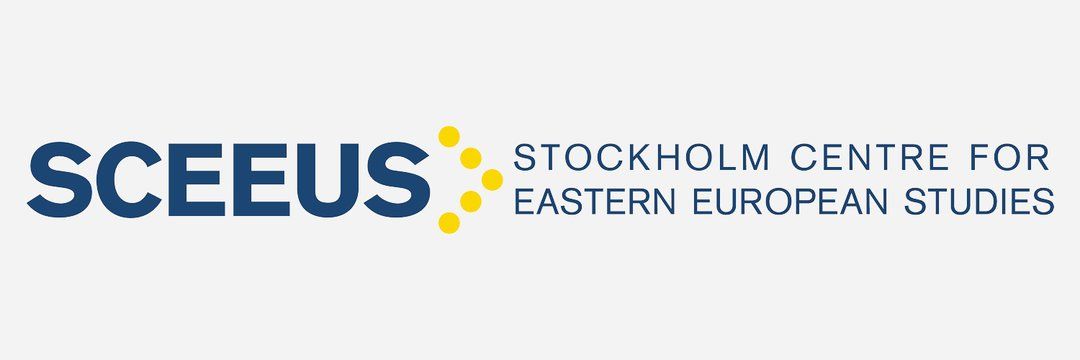
Editor's Note: This article was published by the Stockholm Centre for Eastern European Studies on Dec. 4, 2023, and has been republished by the Kyiv Independent with permission. The opinions expressed in the op-ed section are those of the authors and do not purport to reflect the views of the Kyiv Independent.
